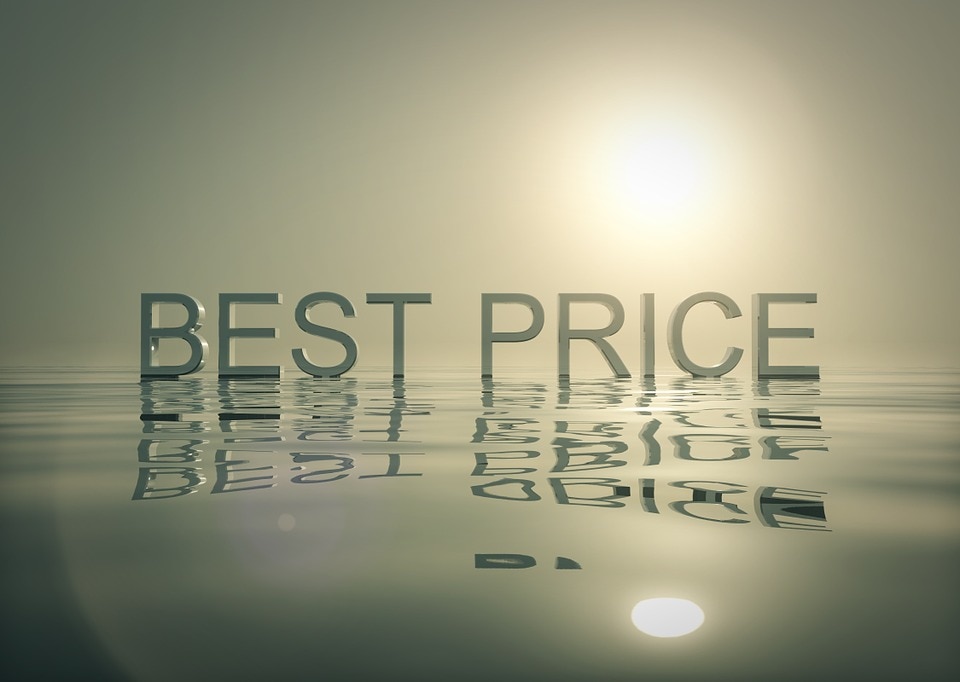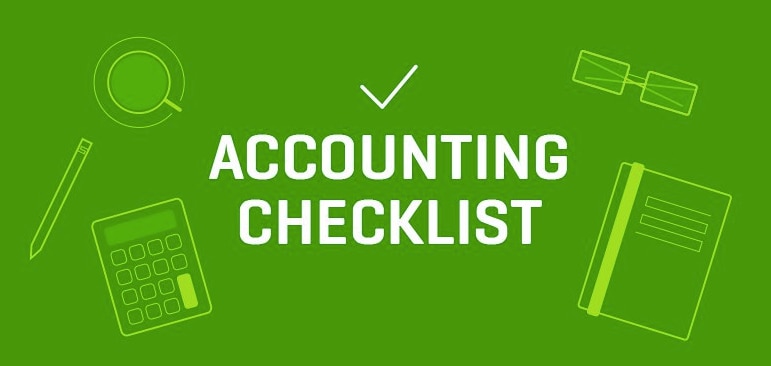Long gone are the days when business accounting meant tallying up your finances with a calculator and recording them on a paper ledger.
Today, accounting software is essential to running a successful small business, and the earlier you implement a reliable accounting software solution the better.
There are many intuitive accounting software applications available for small business owners, which are designed to make it easy to manage your business finances, tax, expenses, invoicing and more.
These range from basic free accounting software solutions to full-suite small business accounting software with additional features like inventory management.
Some small business accounting solutions are downloadable, but these days it’s more common for accounting software to be hosted in the cloud, which means you can access them from anywhere on any device.
Not sure where to start with accounting software? We’ve put together our top tips for finding the best accounting software for your small business.








